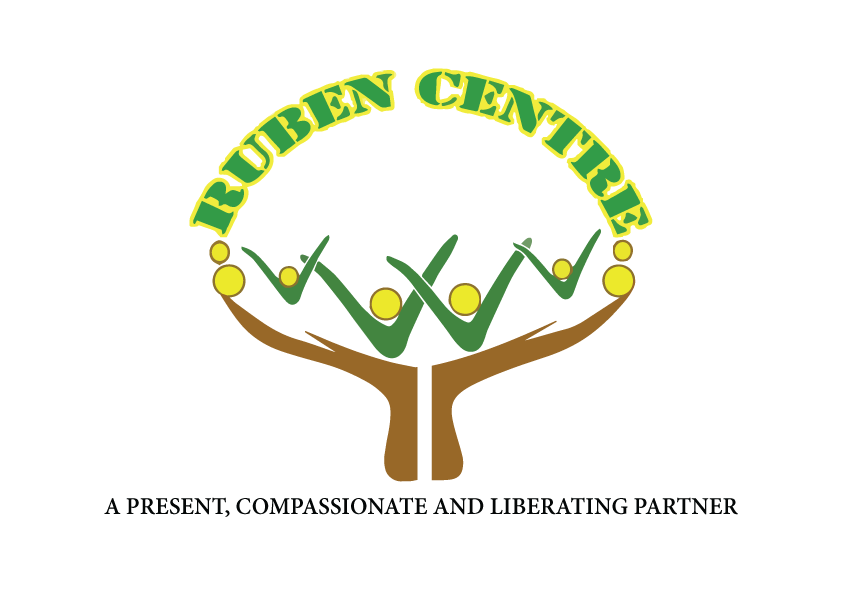Building Peaceful Futures
A team of five staffs from the advocacy and networking department at Ruben Centre had a comprehensive and insightful three-day peacebuilding training organized by CPS-GIZ at Heron Portico Hotel. The training covered important concepts such as conflict sensitivity, the "Do No Harm" approach, and anti-bias behavior.
The training began with an exploration of the understanding of the term "conflict." The concept of conflict sensitivity was introduced, emphasizing the importance of understanding both intended and unintended effects of interventions. The aim is to minimize negative impacts and contribute to positive change. The training highlighted the need to create successful projects and activities by identifying areas of dialogue and ensuring the right approach especially those done by the advocacy department.
Secondly, we delved into the concept of "Do No Harm," which involves recognizing both connectors and dividers within groups, even in the absence of obvious conflicts. These factors can change in strength, importance, and meaning over time. The training stressed that some factors are more powerful than others and can be prioritized for program planning. Key programming decisions were discussed, including identifying who is involved, what is being done, where the intervention is taking place, and the reasons and methods behind it.
Lastly, the anti-bias covered the idea of bias training or unconscious bias training. The goal of such programs is to raise awareness about implicit biases and provide individuals with tools to change automatic thought patterns and eliminate discriminatory behavior. Implicit biases are learned prejudices that are unintentional, deeply rooted, universal, and capable of influencing behavior. Overall, anti-bias behavior is not just about individual attitudes; it's about creating an organizational culture that upholds principles of fairness, equality, and respect. In a diverse and dynamic organization like Ruben Centre, embracing anti-bias behavior can lead to a more inclusive, effective, and impactful approach to advocacy and networking.
Throughout the training, the team learned how to approach conflict resolution, ensure project success, and minimize negative impacts. The importance of considering personal characteristics and biases in project understanding and planning was emphasized. The training provided valuable insights and tools for the team to apply in their work at Ruben Centre.
The facilitators, Carla Lisa Heimann and Ema Nguli, who are peace building Advisors at GIZ Civil Peace Service Kenya, contributed to the success of the training. The team expressed gratitude to GIZ Kenya for the opportunity to participate in this impactful training. By combining these principles, Ruben Centre can create a holistic and responsible approach to its advocacy and networking projects. Conflict sensitivity helps them navigate complex and delicate situations, "Do No Harm" ensures that their interventions are well-planned and beneficial, while anti-bias behavior fosters a supportive and inclusive work culture.
In the long run, these approaches will contribute to Ruben Centre's reputation as a trusted and effective organization that brings positive and sustainable change to the communities it serves. The organization will be better equipped to address conflicts, empower communities, and advocate for positive social transformation. By embedding these principles into its core values and practices, Ruben Centre can continue making a meaningful impact and being a driving force for positive change in the regions it operates.
By: Benson Kagwima



